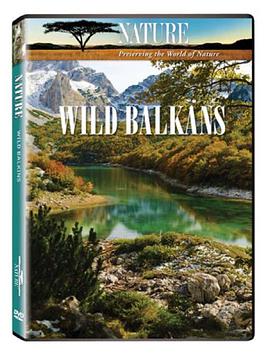 剧情介绍
剧情介绍
The Balkan Peninsula is notorious for being one of the great battlegrounds of history. And yet, it possesses another side unknown to many, where ancient forests and vast wetlands harbor pristine wilderness, and sheer cliff walls and desolate plateaus preserve a seemingly unchanged past. Surveying these striking and stark landscapes, one might think they’ve ventured into the Middle-earth of J.R.R. Tolkien’s Lord of the Rings.
Indeed the Balkan Peninsula is home to a variety of regions that border on mythical. In Croatia’s Kopacki Rit Wetlands, land mines keep people away, but enable native wildlife to thrive. Further south, Montenegro’s Tara River carves through Europe’s longest and deepest canyon, and neighboring forests provide refuge to rare animals such as the Balkan Lynx. To the east, millions of birds flock to the Danube Delta to feast on swarms of mosquitoes. And at the west of the Balkans is Skadar Lake, a remarkable landscape of peaks and water.
This is a journey to a world seemingly forgotten by time. This is the wild Balkans.
扫码用手机观看
分享到朋友圈

